What Type Of Hypersensitivity Is Goodpasture Syndrome
What type of hypersensitivity is goodpasture syndrome. Goodpasture syndrome is characterized by pulmonary hemorrhage and a rapidly progressing glomerulonephritis. Type II hypersensitivity is also known as cytotoxic hypersensitivity or antibody-mediated hypersensitivity reactions. In most patients it is caused by cross-reactive autoantigens that are present in the basement membranes of the lung and kidney.
Also it may affect a variety of organs and tissues. As an autoimmune disease many believe it to be a type II hypersensitivity response to the antigens of Goodpasture on the basement membrane of glomerulus of the kidney and pulmonary alveolus particularly in the alpha-3 chain non-collagenous domain of the Type IV collagen. Type III hypersensitivity 1 and Goodpasture syndrome type II hypersensitivity 2.
What type of hypersensitivity is Goodpasture syndrome. Immunofluorescent staining in Type 3 hypersensitivity is granular as opposed to linear in type 3 as seen in Goodpasture syndrome. Goodpastures syndrome is a rare autoimmune disease causing pulmonary hemorrhage quickly to progress glomerulonephritis and formation of anti glomerular basement membrane GBM antibody formation believed to be caused by type II immune hypersensitivity reaction.
Goodpastures syndrome is a rare clinical entity characterized by rapidly progressive glomerulonephritis diffuse pulmonary hemorrhage and the presence of circulating autoantibodies to the glomerular basement membrane GBM. Goodpasture syndrome is a rare autoimmune disease that affects the lungs and kidneys. Goodpasture syndrome Goodpasture syndrome is a type II hypersensitivity reaction characterized by the presence of nephritis in association with lung hemorrhage.
Elseviers Integrated Pathology 2007. Another example of a complement dependent type II hypersensitivity reaction is Goodpastures syndrome where the basement membrane containing collagen type IV in the lung and kidney is attacked by ones own antibodies in a complement mediated fashion. It is also known as antiglomerular basement membrane antibody disease because the presence of such antibodies is characteristic and believed to.
What are the target anitgens in Goodpasture syndrome. Type III hypersensitivity 1 and Goodpasture syndrome type II hypersensitivity 2. Goodpasture syndrome is a disorder of unknown etiology manifested by diffuse alveolar hemorrhage and glomerulonephritis.
With Goodpasture syndrome however the immune system mistakenly makes antibodies that attack the lungs and kidneys. The immune system erroneously recognizes these substances as foreign and harmful.
Elseviers Integrated Pathology 2007.
Goodpastures syndrome is a rare autoimmune disease causing pulmonary hemorrhage quickly to progress glomerulonephritis and formation of anti glomerular basement membrane GBM antibody formation believed to be caused by type II immune hypersensitivity reaction. Goodpasture syndrome is a disorder of unknown etiology manifested by diffuse alveolar hemorrhage and glomerulonephritis. Goodpastures syndrome is a rare autoimmune disease causing pulmonary hemorrhage quickly to progress glomerulonephritis and formation of anti glomerular basement membrane GBM antibody formation believed to be caused by type II immune hypersensitivity reaction. The presence of immune complexes in serum and depletion at the complement level are also diagnostic. What are two important exmples of type II hypersensitivity involving the 1. Elseviers Integrated Pathology 2007. Type III hypersensitivity 1 and Goodpasture syndrome type II hypersensitivity 2. In each case the antibody is detected with fluorescent anti-IgG. In most patients it is caused by cross-reactive autoantigens that are present in the basement membranes of the lung and kidney.
In each case the antibody is detected with fluorescent anti-IgG. The presence of immune complexes in serum and depletion at the complement level are also diagnostic. In most patients it is caused by cross-reactive autoantigens that are present in the basement membranes of the lung and kidney. Type III hypersensitivity 1 and Goodpasture syndrome type II hypersensitivity 2. Anti-GBM antibody disease Goodpasture syndrome is a type of vasculitis caused by deposition of anti-GBM antibodies in small vessels of lungs and kidneys. Type II hypersensitivity reactions involve antibody-mediated destruction of cells by immunoglobulins of. Goodpasture syndrome is characterized by pulmonary hemorrhage and a rapidly progressing glomerulonephritis.


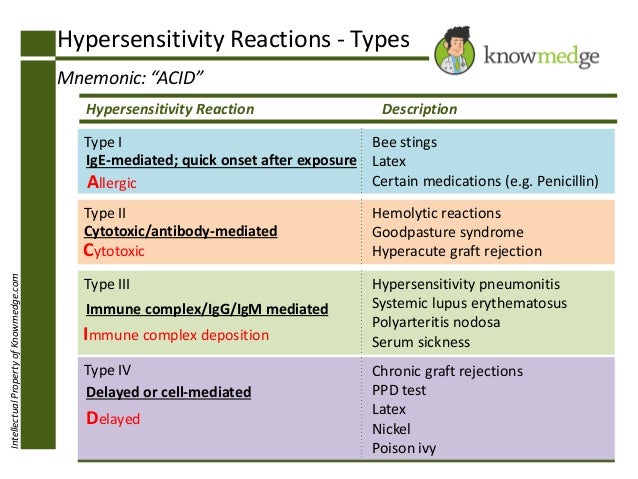



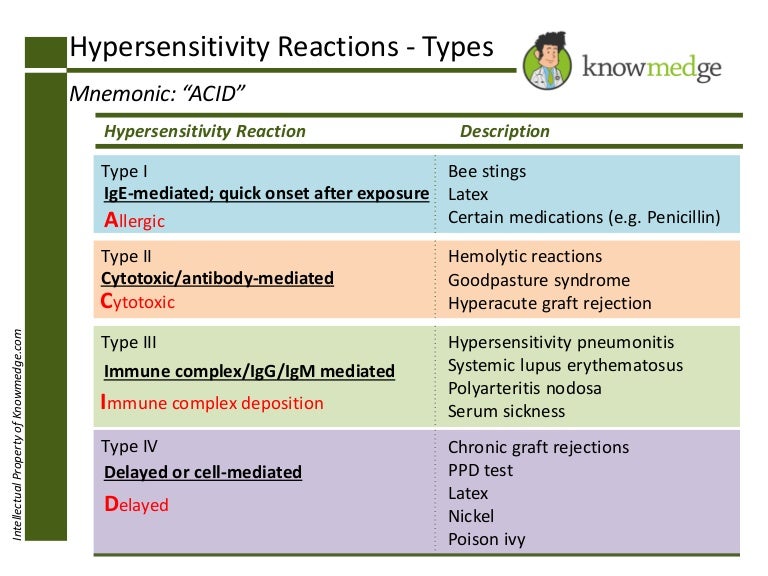


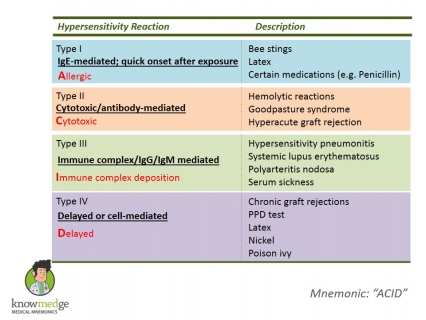

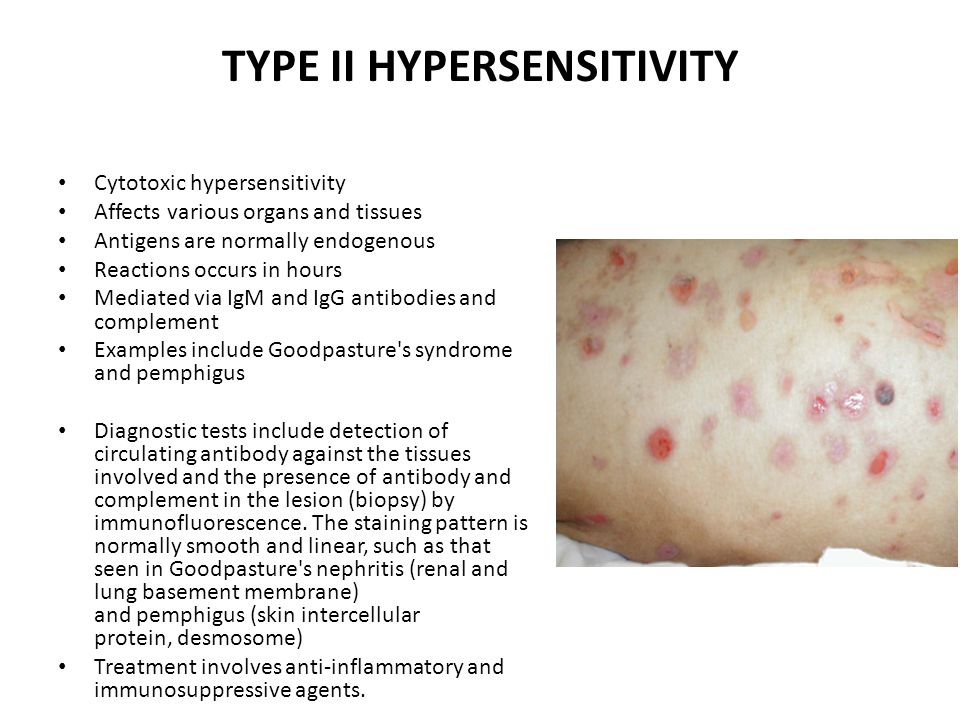



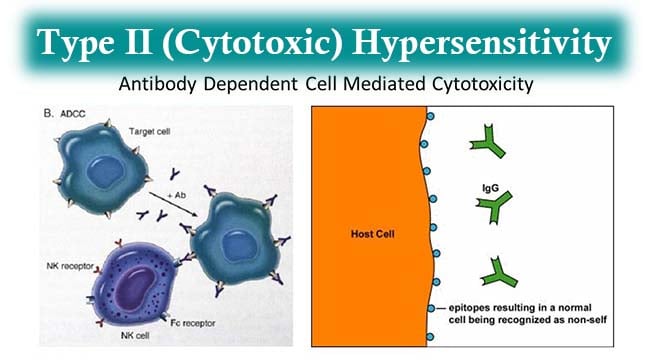

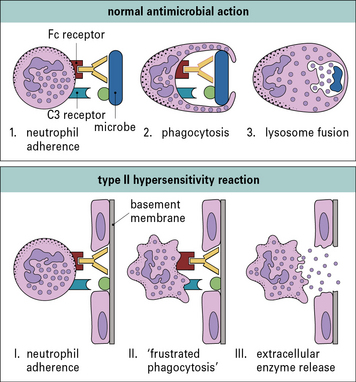

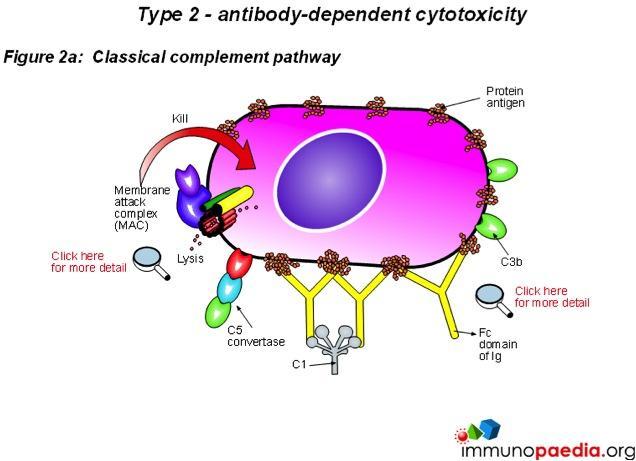
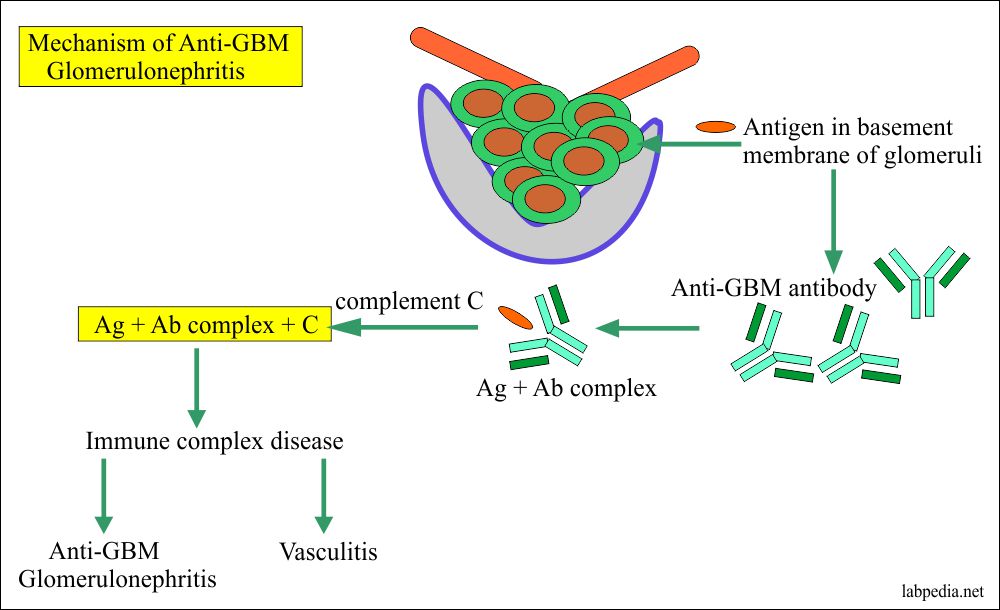
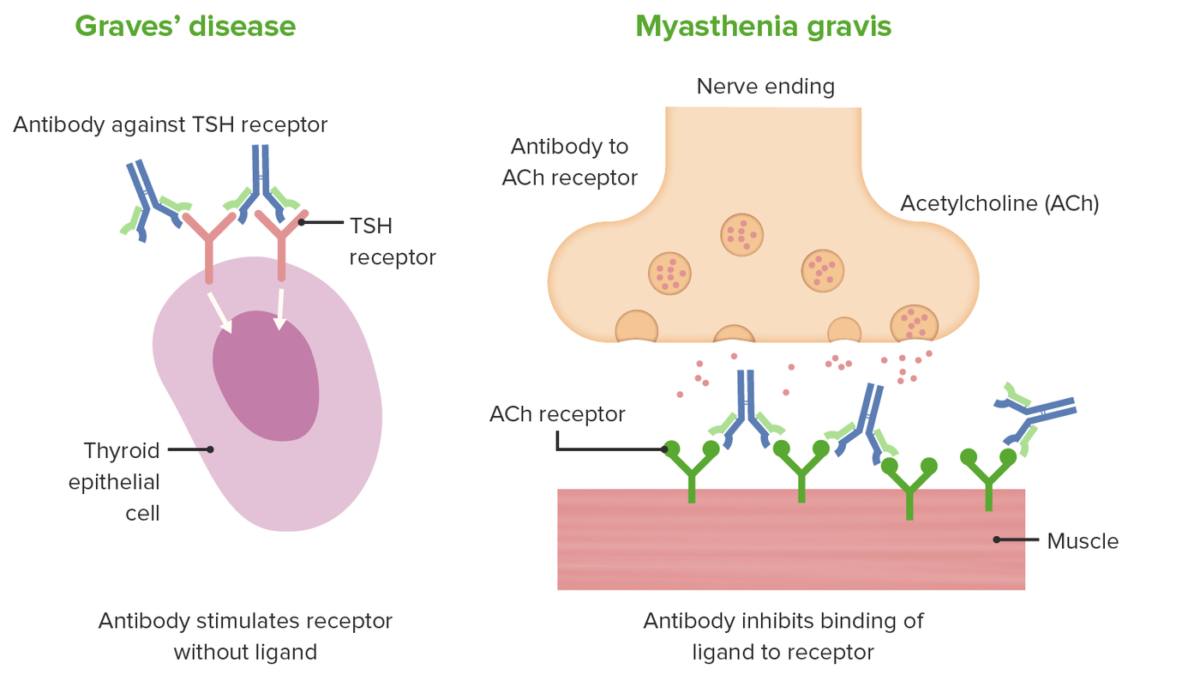

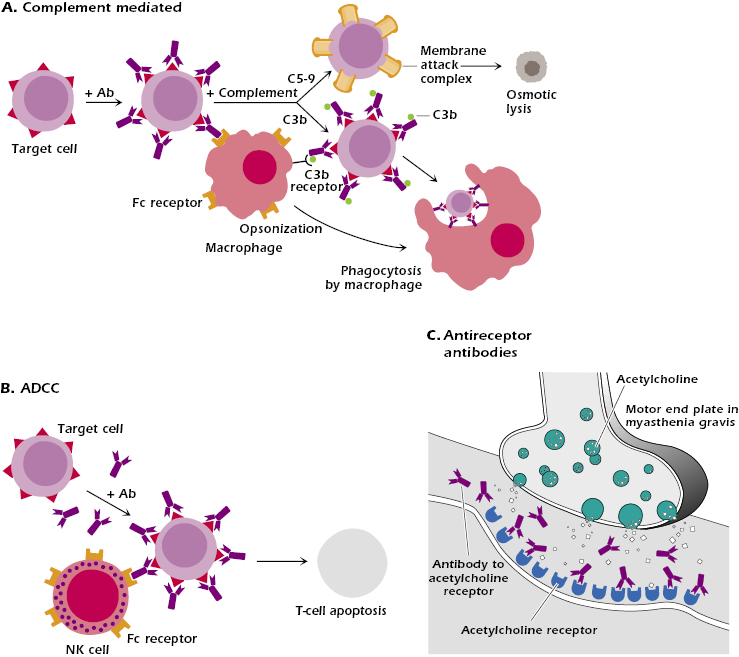


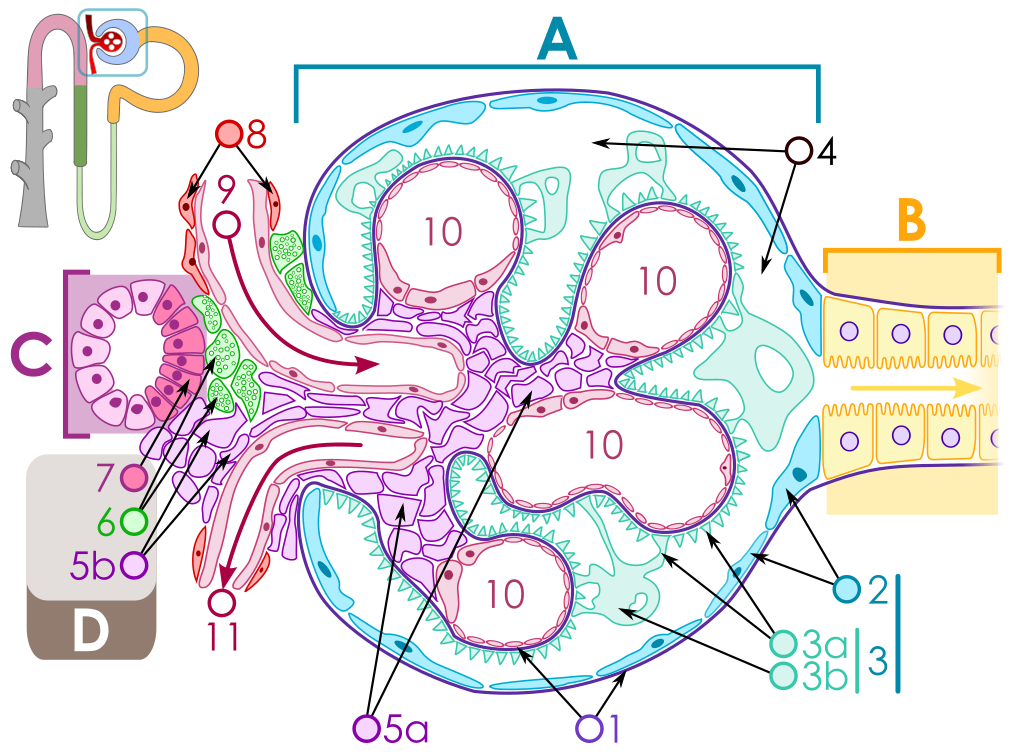
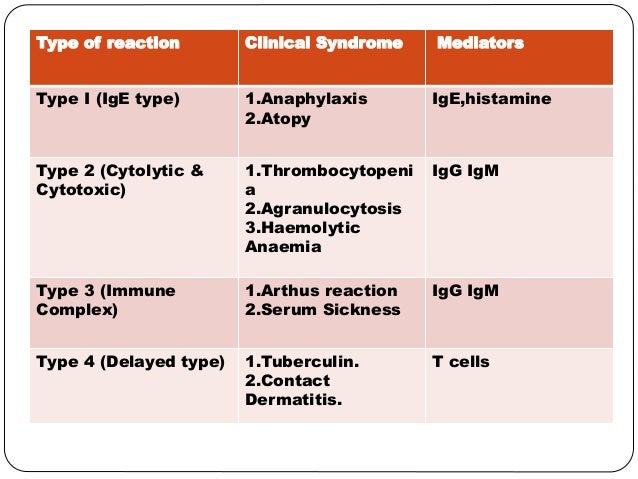





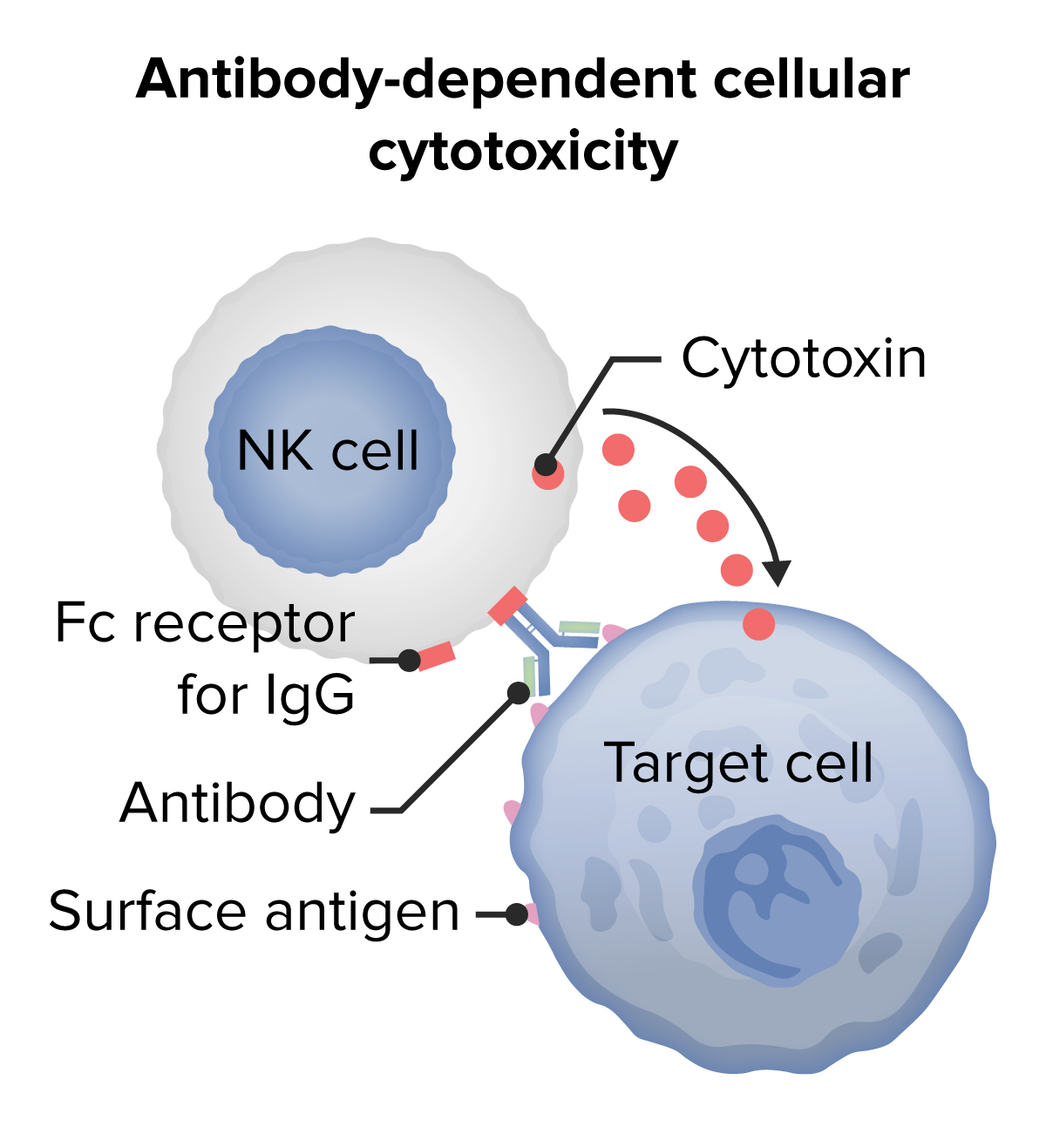

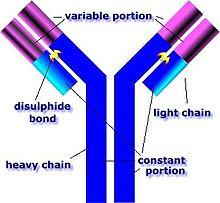
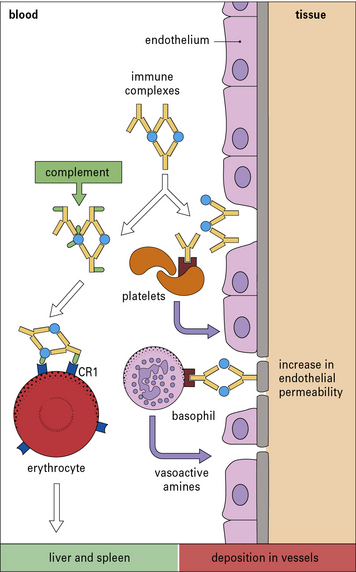





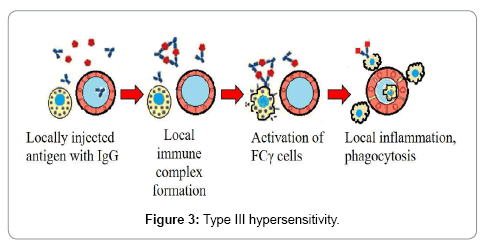
Post a Comment for "What Type Of Hypersensitivity Is Goodpasture Syndrome"